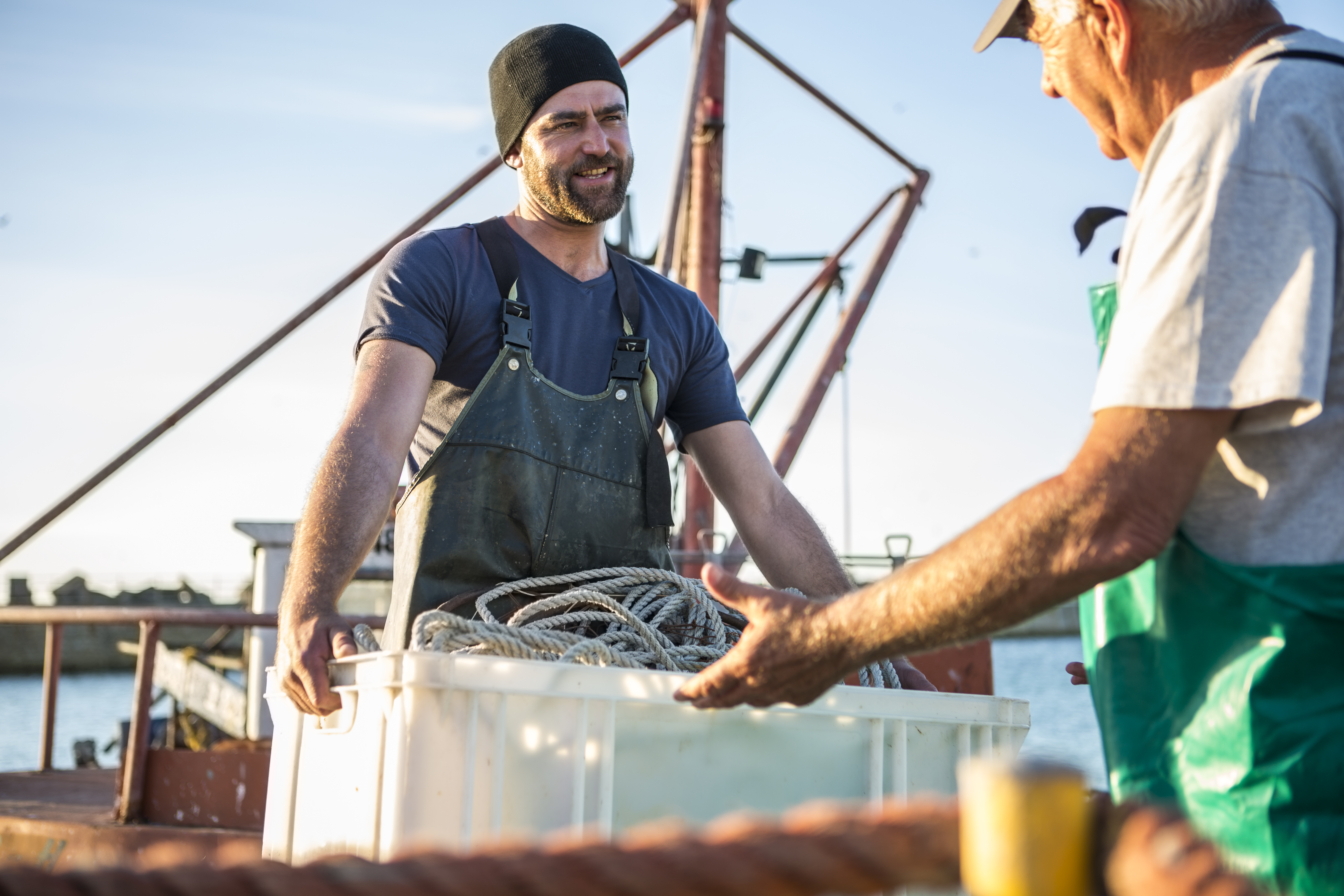Seeking Business Enablers to Optimize Processes, Enhance Supply Chains, and Drive Digital Transformation in Frozen Foods Industry
Ready to Market Technical Innovations and ProductsProject Size Range : Strategic project backed by large scale funding €



